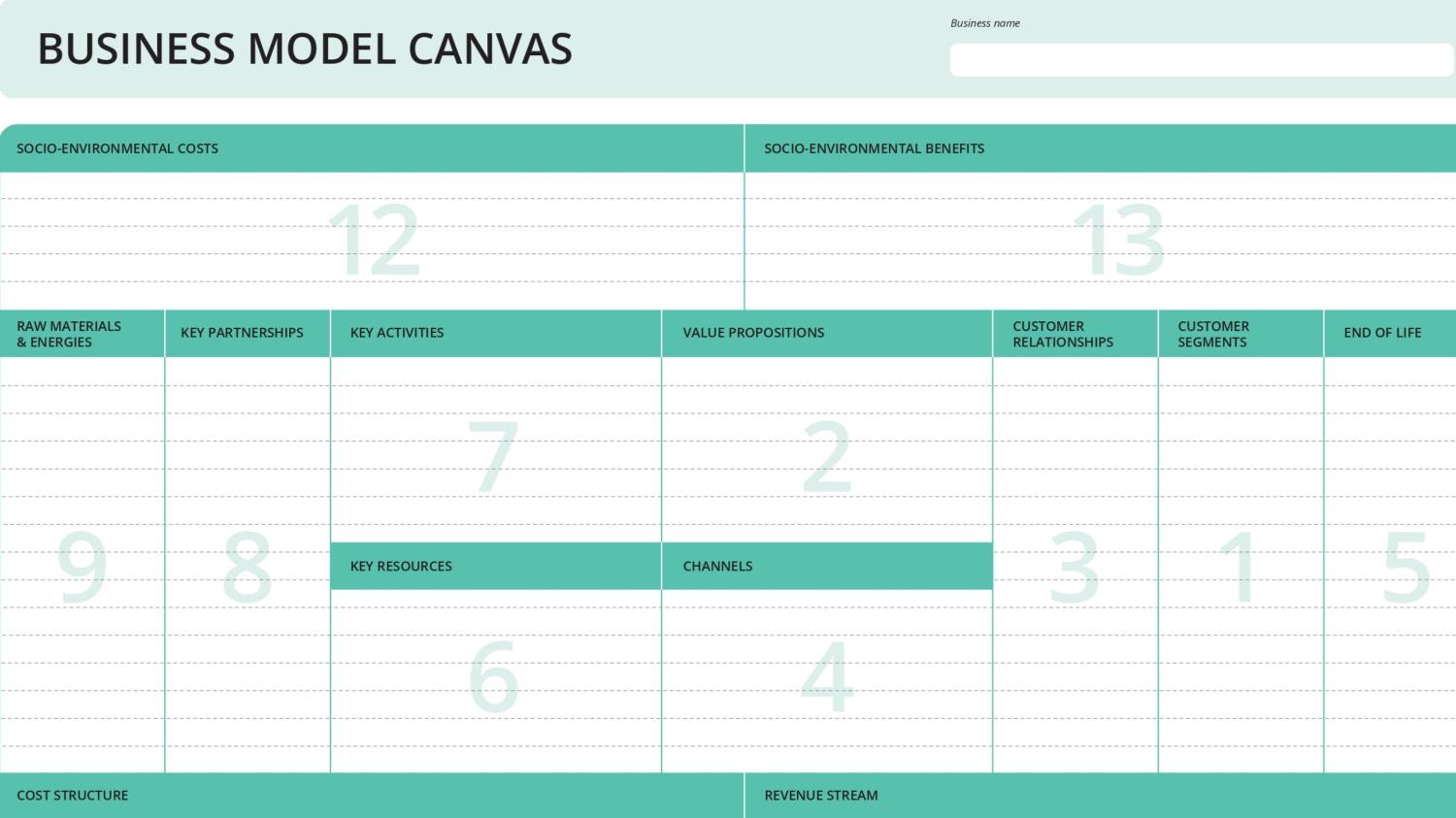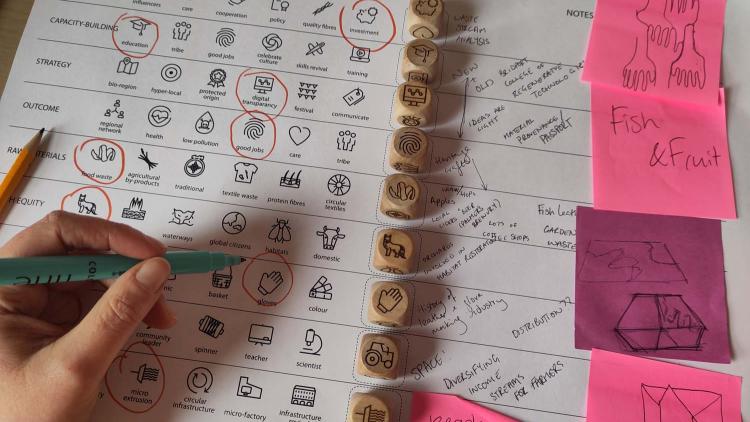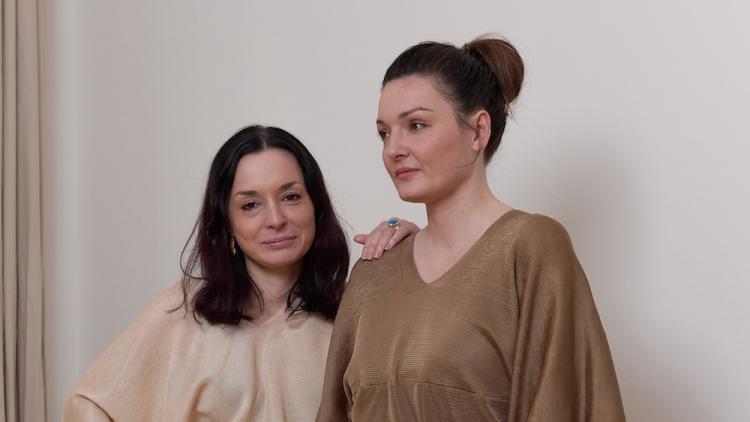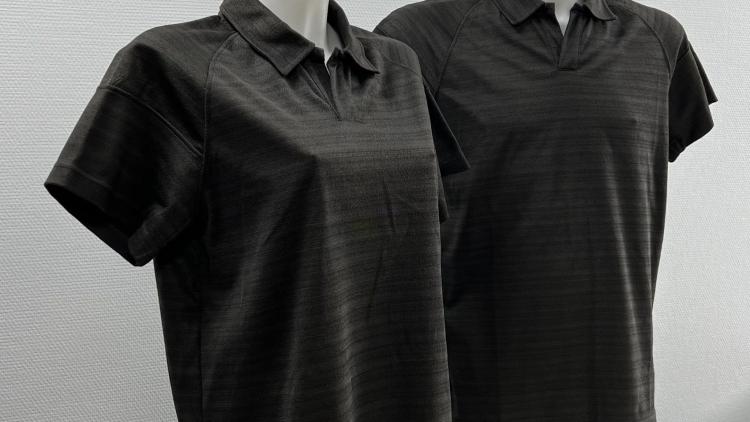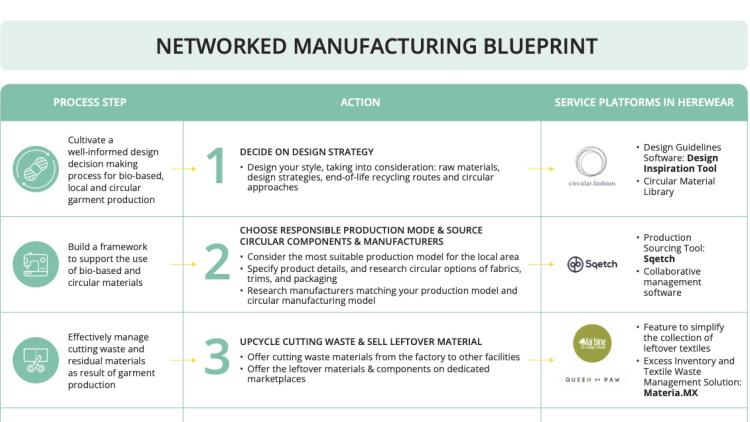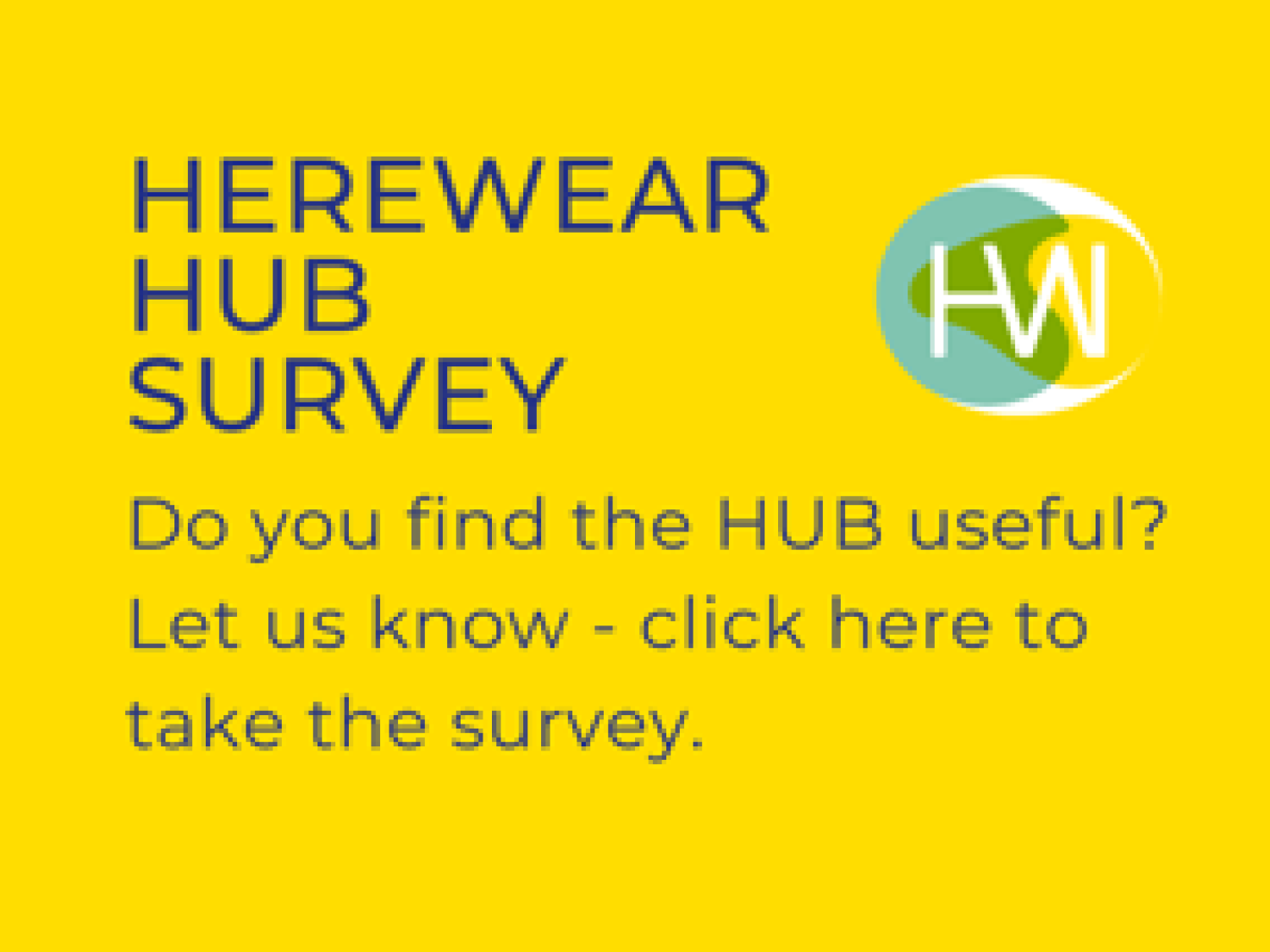Business Model Canvas
New business models and propositions are vital for allowing the Textile and Clothing SME-based industry i) to develop a portfolio of sustainable products, and services, ii) to transition to an alternative value chain, such as bio-based, local and circular textiles, and iii) to operate in a new space.
Intro
Creating business model ideas is an established method for prototyping and testing new ventures against criteria for success. Within HEREWEAR, experts in sustainable business practices worked with our industry partners to develop their strategies for transitioning to bio-based, local and circular practices. In addition, the partners worked together to identify some additional ‘speculative’ business ideas they believed to be of value within the HEREWEAR vision.
Developing a specific Business Model Canvas
Among the most popular tools is the Business Model Canvas developed by Ostervalder, with 9 sections to guide businesses in the development of their products and services. To expand and adapt this tool to the HEREWEAR pillars, taking into account “sustainability”, a new BMC was created, adding 4 sections to the basic one, as shown in the schema below (sections 10 to 13).
Focussing on future Business Propositions
In parallel, partners and members of the HEREWEAR Community took inspiration from ‘gaps’ in the Textile and Clothing value chain, to create trans-sectoral value chains (e.g. linking agriculture to textile) and seed more speculative and futuristic business ideas. They were guided by such themes as simple and accessible identification of raw materials, coalitions of farmers to scale waste, or (retro)logistics to collect, store or process materials between sites.
The business propositions were formed into the following ten concepts, some of which may be familiar while others may be less so
- Bio-based Manufacturing
- Upcycling
- Clothing Rental
- Platform as a Service
- Traceability
- Consultancy
- Franchising
- Online Community
- Territory
- Consciousness Divulgator
A step-by-step methodology was also created to help you transform each of the above into a service for adding value to your business or organisation.
Integrating concepts into future value chain Business Models
Three new integrated Business Models were born from the systemic integration of some of the above concepts., focussing on “Production”, “Digitalisation” and “Consultancy”.
Naturally, you can find out more by downloading the accompanying documentation at the top of the page.
What to do next
Suggested reading
- Business Model Canvas https://www.strategyzer.com/library/the-business-model-canvas
- How to define your value proposition with Bain&Company “Elements of Value”: Elements of Value interactive graphic - Bain & Company Insights
- What Revenue Model should I use in B2C? : A1_ B2C flowchart (boardofinnovation.com)
- What Revenue Model should I use in B2B? : A1_ B2B flowchart (boardofinnovation.com)
- How to establish my Key Partners? : Key Partners Building Block of the Business Model Canvas (digitalleadership.com)
- Some examples of different Business Models and companies applying them: Business Model Pattern List | Business Model Navigator

